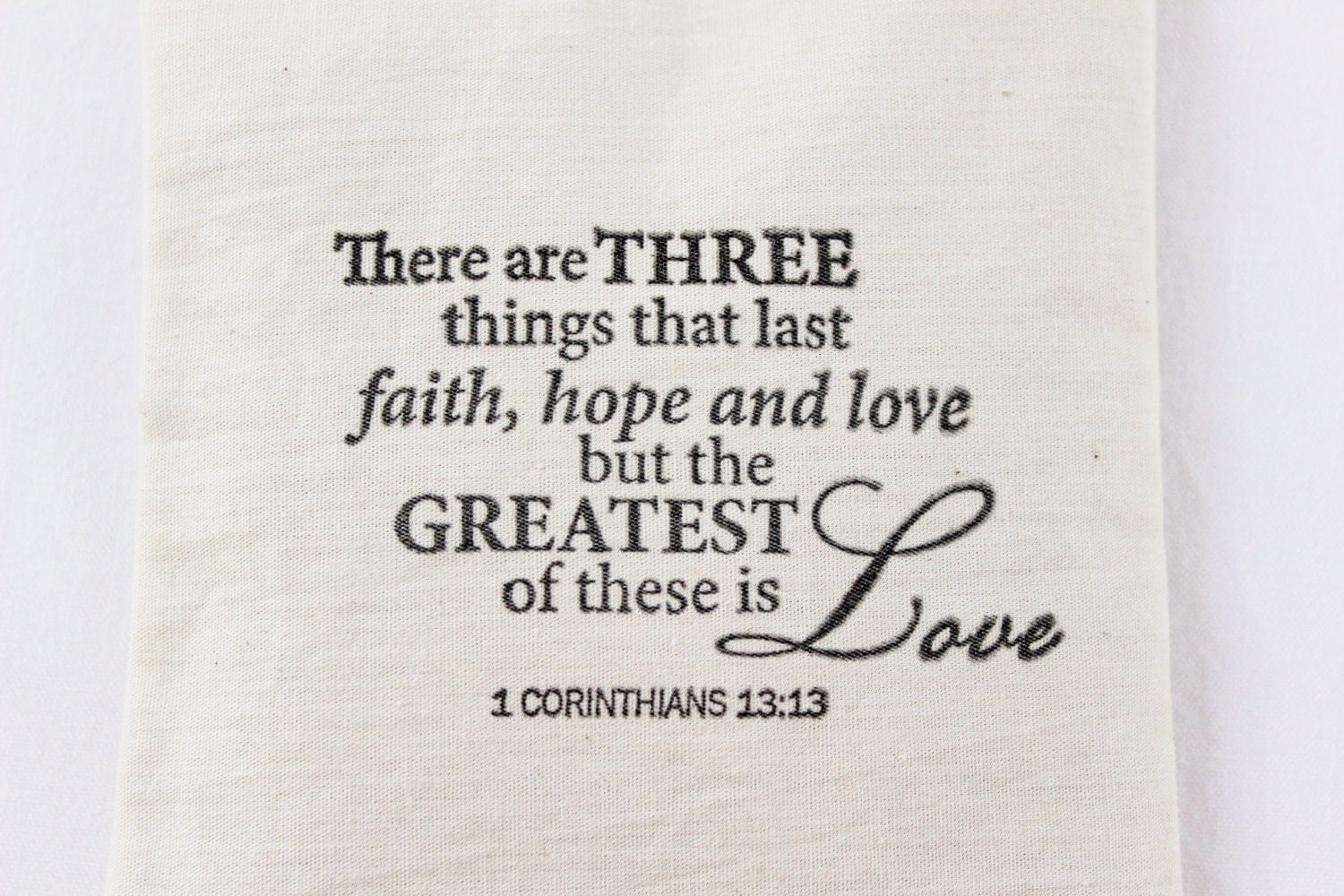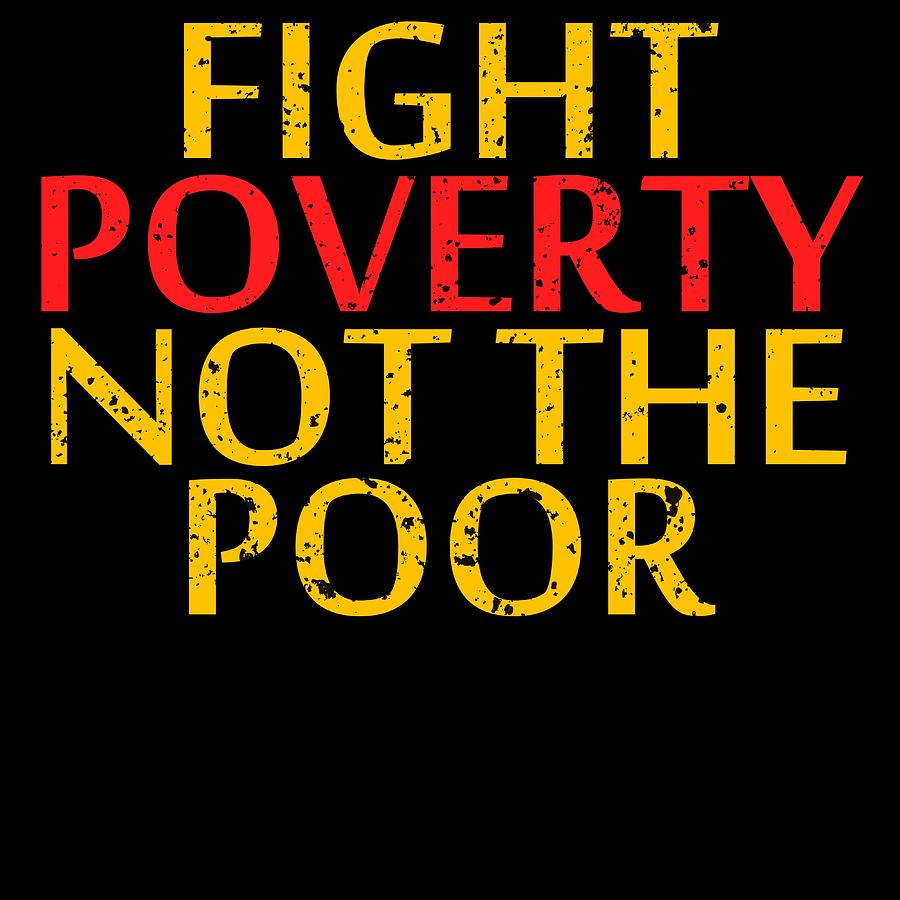In a column of the Catholic Peace Weekly, a priest writes about the way religious' leaders are to recover trust among the citizens. "A person who teaches and guides another, their shadows should not be stepped on." That is a lot of respect.
Recently a famous Buddhist Monk who has written several books, translated in many languages, appeared on a celebrity program revealing his daily life schedule. He was living in downtown Seoul, where the scenery was not a temple. Criticism was quick to come from all directions. "I am not a building owner and pay rent." was his response. He did say he would leave everything and return to his monastery and continue his study of Buddhism and practices. The Buddhist community did not make any official comment on the controversy.
A famous Protestant pastor is being tried on charges of pre-election campaigns and defamation, and blaspheme and heresy with remarks such as: "God don't mess with me or you're dead." At a general meeting, he was not convicted of blasphemy.
Former Cardinal McCarrick of the United States was a respected Catholic clergyman, but amid controversy over sexual crimes, Pope Francis suspended him and deprived him of the priesthood. At the beginning of last year, it was found in a church trial he was consistent in his sex crimes for over 20 years.
Because of the immoral behavior of some of the religious leaders distrust continues to increase among the faithful. A 2017 survey by the Korea Press Promotion Foundation found that among seven occupations, elementary school students do not trust religious people the most. "Greedy dogs that are never satisfied. Shepherds who know nothing. They all go their own way, each after his own interest (Isaiah 56:11).
According to the National Statistical Office's announcement, as of 2015, the total religious population was 21.5 million (43.9%) and the non-religious population was 27.5 million (56.1%). The number of religious people declined by 9.0% from 2005.
A big question is being raised as to whether a religious leader who should be called a teacher can lead believers on the right path once they have lost trust? Saint Augustine even said: "A proud priest is on the same level as the devil."
The Holy See conducted a two-year fact-finding investigation into former Cardinal McCarrick's alleged sex offenses, and as a result, released a 450-page report. Pope Francis said in a general meeting: "We feel ashamed when we realize that our way of life goes against what we say we believe. As a church community, we admit we weren't where we should have been and that we haven't moved on time, realizing the severity of the harm done to countless lives."
In 2018 the head of the Korean Council of Bishops apologized to the public for the sexual offenses of priests. He also revealed the church's position on strict punishment for sexual crimes and prevention education. "The priests are reprimanded for falling into the evils of secular culture and pleasure. With atonement and a contrite heart, we will thoroughly check the facts of reports on sexual offenses of priests, and punish them severely by canon and the legal laws of society."
Saint Gregory of Nazianzus said: "Before you cleanse others, you must first cleanse yourself, learn to teach, become a light to shine, and draw close to God to draw others close to God."





